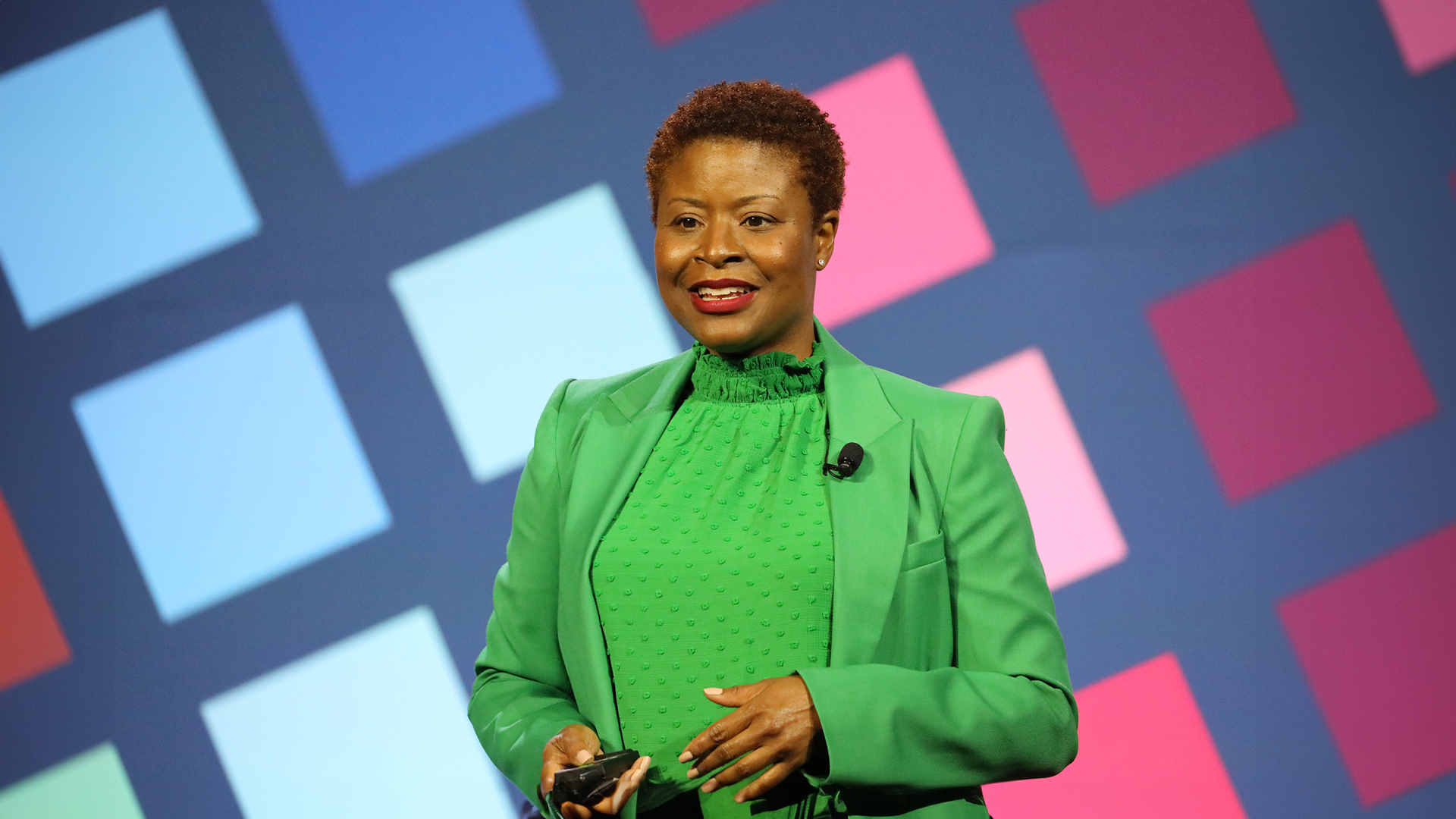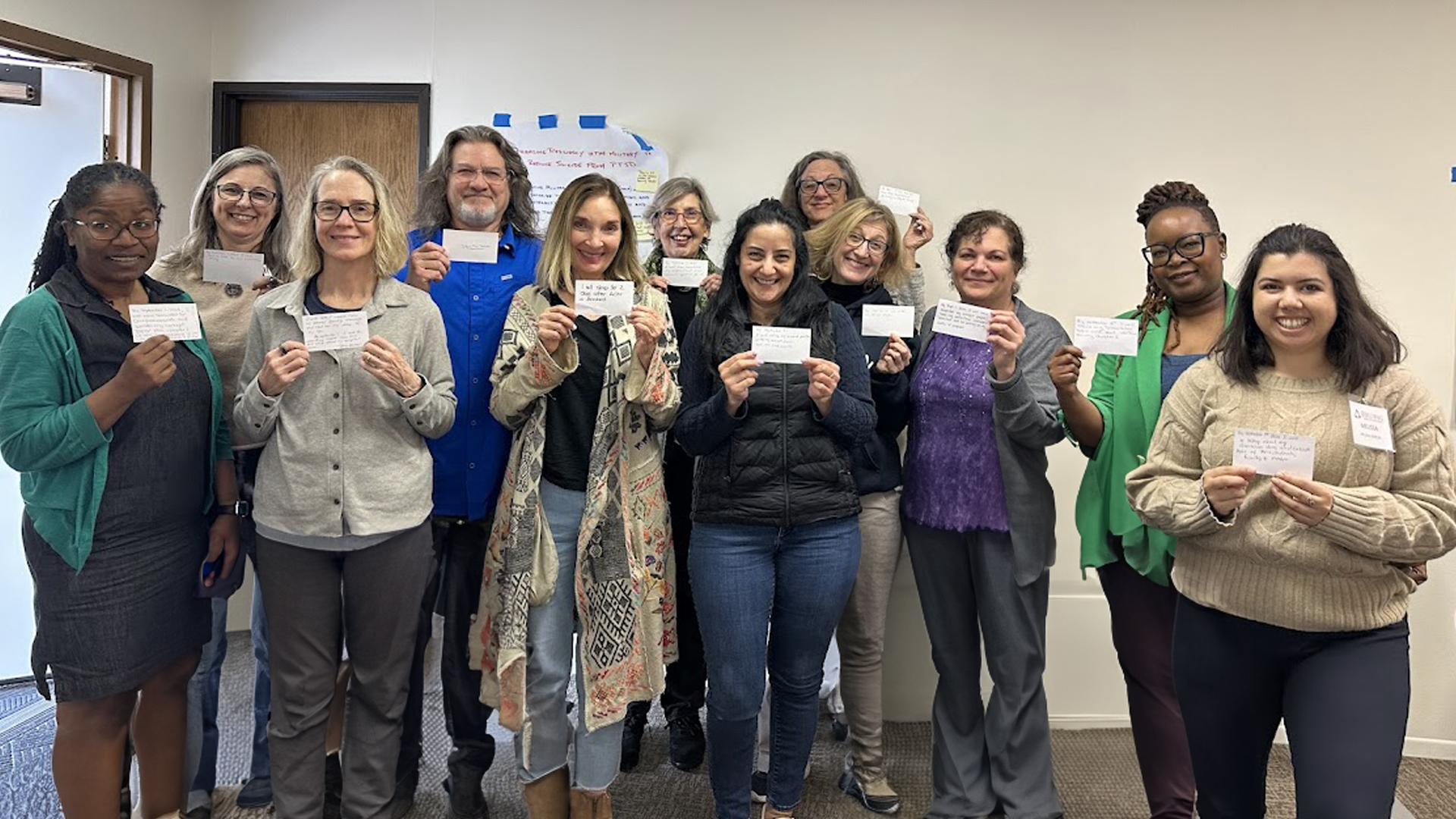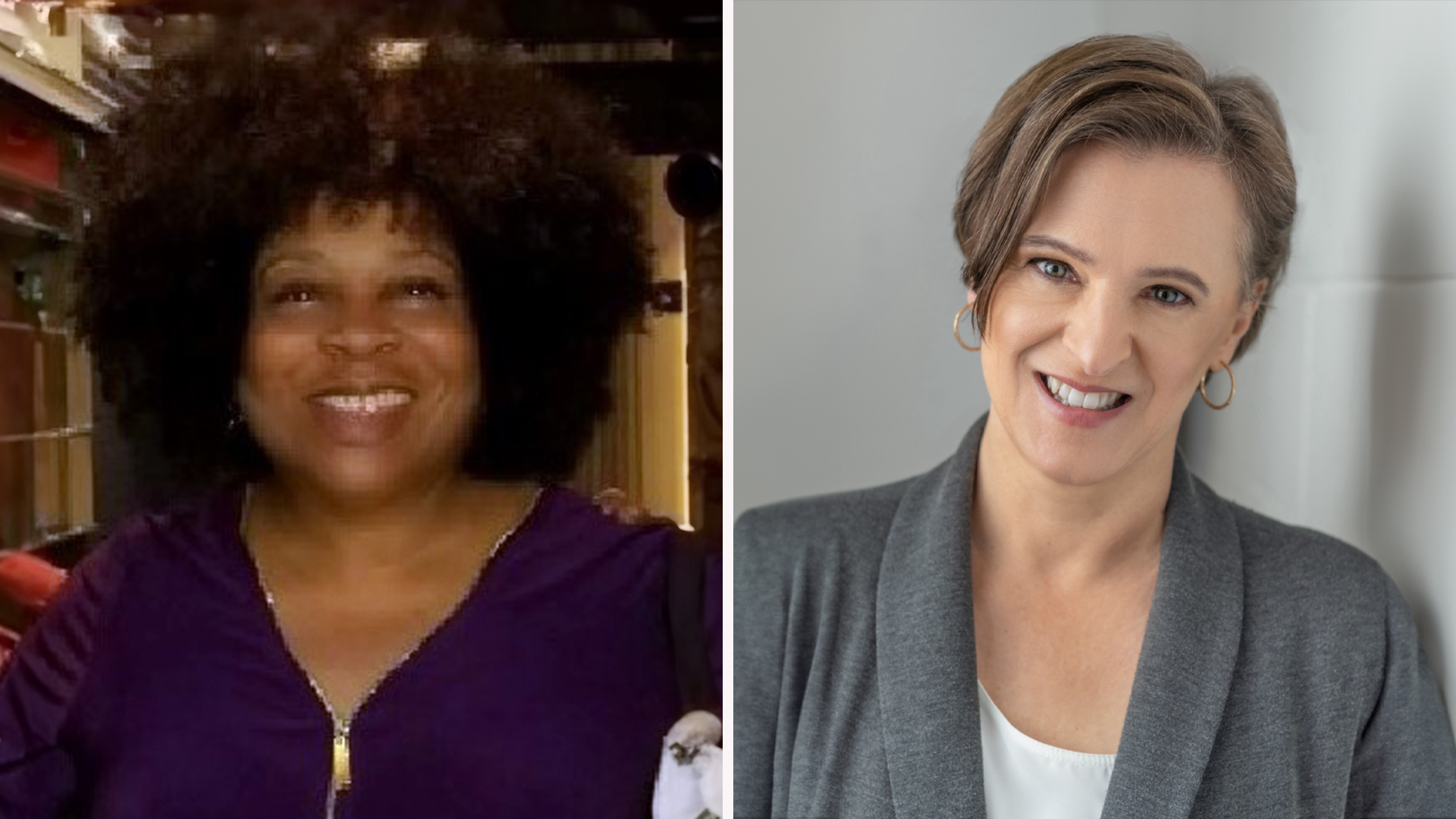Dear Fielding Community:
I sit with strong emotions regarding the racist incidents that have become all too familiar and continue to call me out as not doing enough. Sincerely, as a Latino man of color, I can no longer plan programs and events to address these issues without intentionally and directly addressing feelings and behaviors that can lead to viable actions. I am partnering with Fielding institutional and academic leaders, faculty, staff, and alumni in this effort. The opportunity for a different future is here. I acknowledge that these are mere words and that true change will come with impactful actions.
President Rogers has called our community to action. As Fielding’s Chief Diversity Officer, I’d like to offer some resources as well as guidance to support the call to action. The guidance is based on principles derived from scholarly research and can serve as catalysts for practical ways to bring about change. The resources listed below have been recommended by Fielding faculty over the years.
Guidance for building a more diverse, equitable, and inclusive culture to begin eliminating racist behaviors:
Language matters: Stay away from terms which may be offensive and project hatred, implicit bias, or racism toward groups/communities. If you hear these terms from others, you can respectfully ask that this language not be used. Conversely, if someone points out your use of a term that is offensive, listen for understanding and accept the impact of your comment regardless of your intention. Specific to recent circumstances, we have seen COVID-19 become politicized and referred to as the Chinese virus, which has sparked a rise in hate crimes towards Asians and Asian-Americans, according to Human Rights Watch (https://www.hrw.org/news/2020/05/12/covid-19-fueling-anti-asian-racism-and-xenophobia-worldwide#). Although just one example, the important point is that the communicator needs to take into consideration how they may influence the experiences and feelings of others.
Listen well: Be understanding and patient with each other during this time. Many of our colleagues are carrying a great deal of stress in their daily lives. Particularly for our Black and African American colleagues, there is the relentless and added trauma of witnessing the impacts of the pandemic and ongoing racism. Promote kindness and understanding in every interaction with active listening and acknowledgment.
Participate: Research reveals that an inclusive community is one that builds trusting relationships, commitment, and respect over time. Attending virtual community dialogues with Fielding colleagues is a good way to build community relationships. Plan these events or make it a point to attend any that are scheduled if you can do so.
Fielding faculty members have recommended several resources across a range of topics having to do with inclusion, which I have included below my signature. Compiled by the Inclusion Council, the first link is available in our library and offers resources specific to increasing personal awareness, facilitating intercultural dialog, and inclusive curricula and inquiry.
I am convening a conversation about actions related to the intersection of the pandemic, racism, and structural inequality. More information to come.
If you have any questions or comments, please feel free to reach out to me at tleal@fielding.edu.
Sincerely,
Tomás Leal
Chief Diversity Officer
Resources
Diversity, Equity, Inclusion Resource Guide: Building Inclusion Collaborative (BIC)/Inclusion Council: https://libguides.fielding.edu/BIC
Video: Life of Privilege Explained in a $100 Race – Please Watch to the End Link: https://www.youtube.com/watch?v=kyl4EJhq47A
Books & Readings:
Linda Martín Alcoff (2015). The Future of Whiteness.
Robin DiAngelo (2018). White Fragility: Why It’s So Hard for White People to Talk About Racism.
Caprice Hollins and Ilsa Govan (2015). Diversity, Equity, and Inclusion: Strategies for Facilitating Conversations on Race.
Allan Johnson (2006). Privilege, Power, and Difference.
Ibram X. Kendi (2016). Stamped from the Beginning: The Definitive History of Racist Ideas in America.
Ibram X. Kendi (2019). How To Be An Antiracist.
A.S. Kim, & del Prado, A. (2019). It’s Time to Talk (and Listen): How to Have Constructive Conversations About Race, Class, Sexuality, Ability & Gender In a Polarized World.
Paul Kivel. (2002). Uprooting racism: How White People Can Work For Racial Justice.
Albert Memmi. (1965). The Colonizer and The Colonized.
Ijeoma Oluo (2019). So You Want to Talk About Race?
D.W. Sue (2016). Race Talk and the Conspiracy of Silence: Understanding and Facilitating Difficult Dialogues on Race.
Mary-Frances Winters (2017). We Can’t Talk About That At Work!
Join Over 7,500 Fielding Alumni Located Around The World!
Change the world. Start with yours.™






Get Social